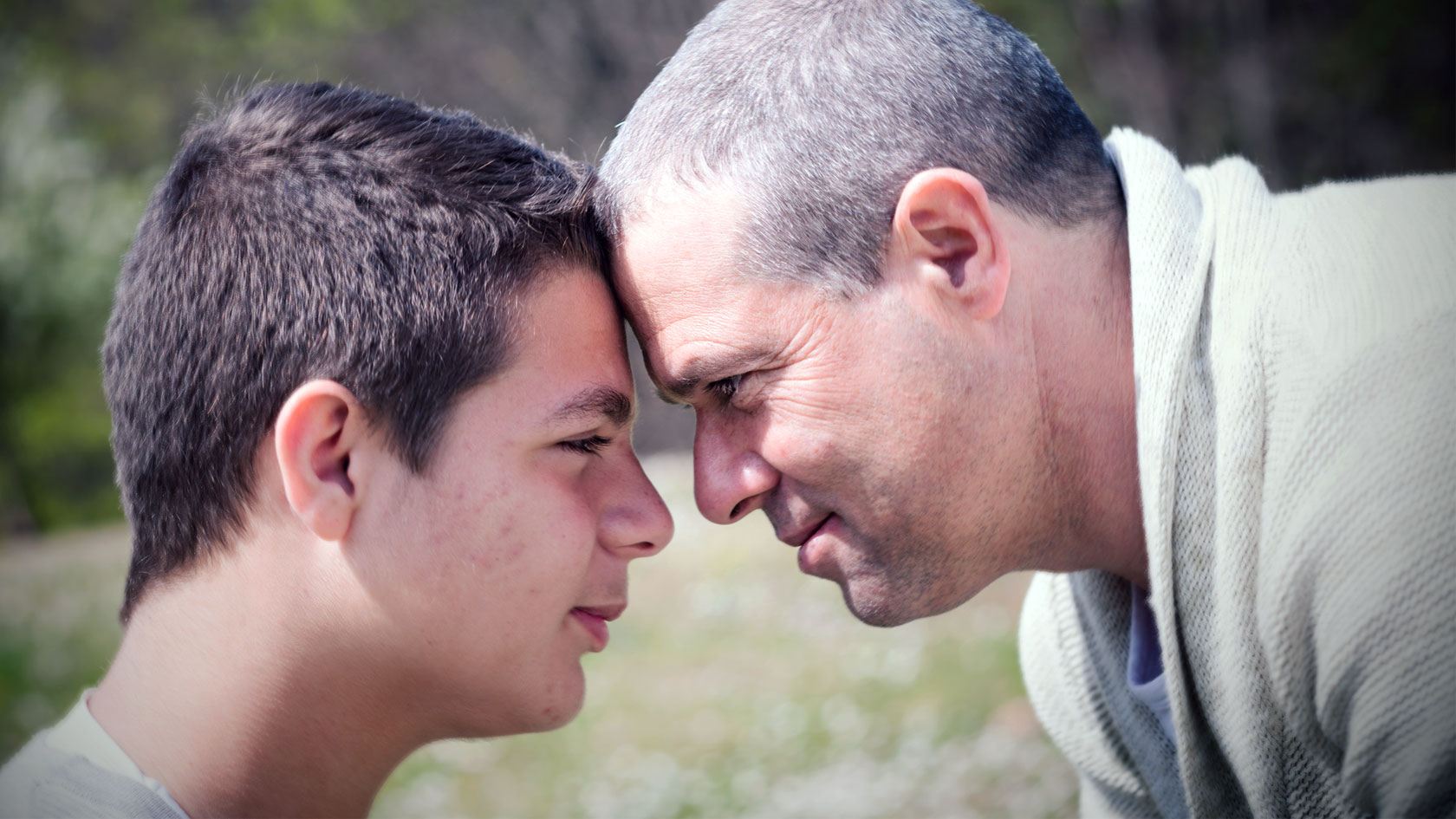Authority or Leniency?
How parents raise their children depends on them as individuals, but also the culture and society in which they live. If, for example, obedience and a sense of duty are highly valued and sought after on the job market, parents tend to be strict and authoritarian. They teach their children that obedience and duty come before all else, thus preparing them for life as an adult as best they can.
Parenting styles of parents from 42 countries
In the USA, for example, a highly competitive society where everyone is considered responsible for their own fortune, culture shapes parenting styles in a completely different way. “Parents are always hovering around their children, controlling them and pushing them, above all in academic circles,” says Ulf Zölitz, an economist who researches child and adolescent development at the Jacobs Center for Productive Youth Development and the Department of Economics at UZH. Between October 2022 and February 2023, Zölitz and his team at UZH’s Jacobs Center analyzed and compared the parenting styles of around 48,000 parents from 42 countries as part of the World Parenting Survey, a large-scale study.
Authoritarian, authoritative or permissive parenting styles
In the study, researchers differentiated between three parenting styles: authoritarian, authoritative and permissive. Authoritarian parenting is based on the dictatorial principle of verbal and corporal punishment. Authoritative or democratic parenting aims to help children understand why they may or may not do something. It respects children’s opinions and desires while also setting reasonable boundaries. Meanwhile, parents who adopt a permissive parenting style are more lenient and generally struggle to discipline their children. As scholars have shown, most people who adopt a permissive parenting style live in the Netherlands or in Finland. Authoritative parenting is widely found in Europe, but also in North and South America. “Welfare states, which allow a lot of freedom and little control, favor the latter two parenting styles,” says Ulf Zölitz. Uganda, Saudi Arabia, Indonesia and India are particularly authoritarian in their parenting styles. According to the World Parenting Survey, children in India most often received corporal punishment, followed by those in South East Asia and Africa.
Physical violence in parenting in Switzerland
However, children in Switzerland are also punished by physical means. In the study conducted by UZH researchers, 14% of the parents surveyed in Switzerland stated that they use physical punishment regularly. “That is a shockingly high number,” says Zölitz. In Switzerland, physical violence in parenting occurs in all social classes. This means parents with an academic background also occasionally use their hands to discipline their children. Ulf Zölitz sees stress and excessive demands as the main reasons for this – many things happen in the heat of the moment. “We would like to see more ‘positive parenting’ – not just in Switzerland, but worldwide,” says the economist. “Parents who talk to their children, allow freedom within boundaries and try to understand why their child is acting out.”
